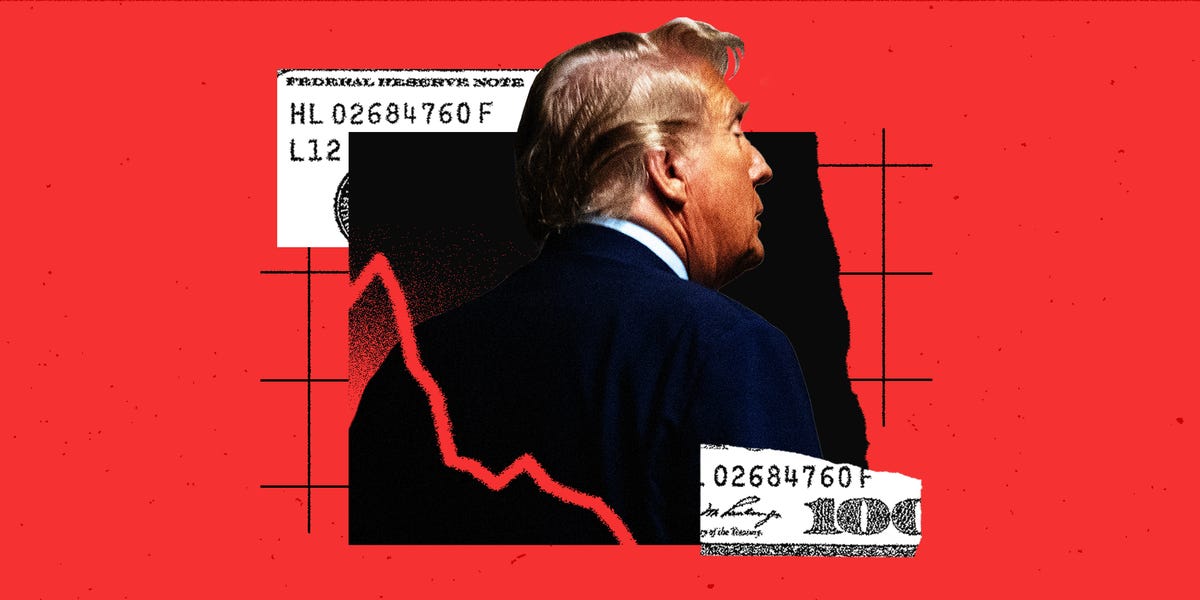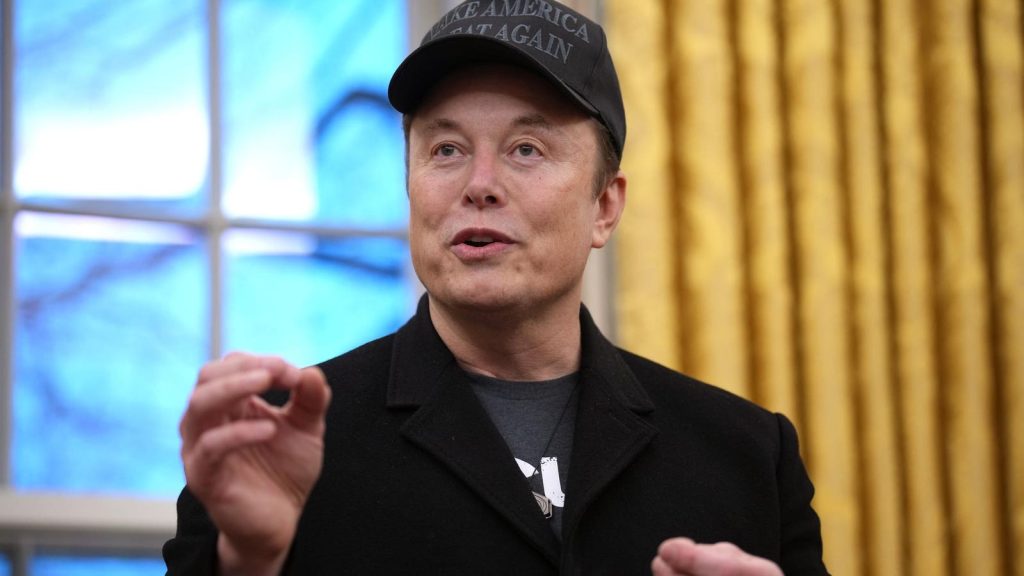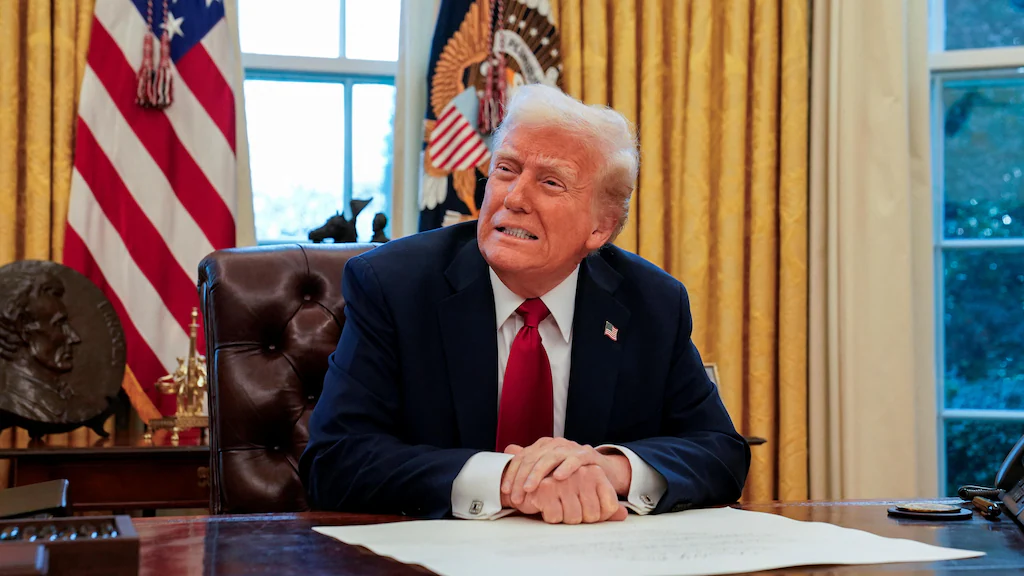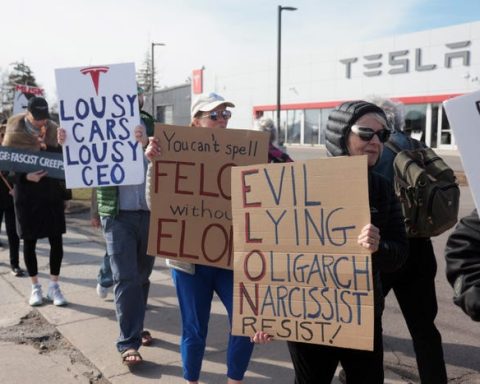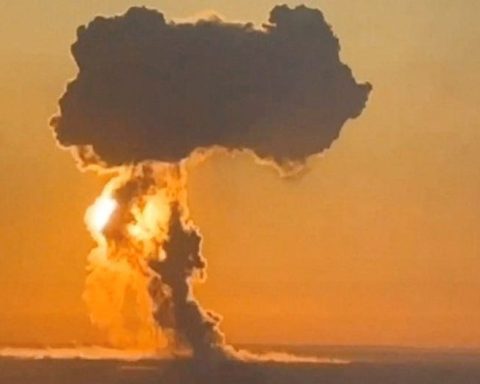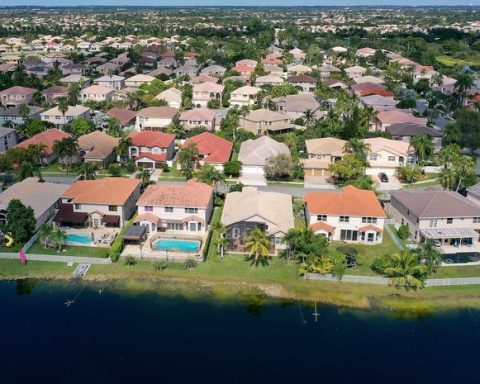President Trump’s Position on NATO Spending and Defense
Overview
President Donald Trump reiterated on Thursday that the United States might not defend NATO allies against military attacks if those allies are not meeting their defense spending commitments. This stance mirrors his previous campaign rhetoric and reflects ongoing concerns about the reliability of NATO support for the U.S. in times of crisis.
Key Points
– Trump stated, “If a NATO ally is attacked and ‘is not going to pay, we’re not going to defend,'” highlighting NATO’s 2% GDP defense spending guideline.
– He emphasized his skepticism regarding NATO allies’ willingness to support the U.S., specifically mentioning France as a potential non-supporter.
– Concerns about Trump’s position on NATO have emerged from various members, including Germany, where political leaders are preparing for the possibility that he might disregard Article 5, which commits NATO members to mutual defense.
NATO’s 2% Guideline Explained
– Established in 2014 in response to Russia’s actions in Crimea, the guideline mandates that NATO members allocate 2% of their GDP to defense spending to ensure military preparedness.
– By 2024, NATO projects that 23 of its 32 members will meet this target, an increase from 10 in 2023.
– Notably, Poland is expected to contribute 4.1% of its GDP to defense, while the U.S. is estimated to allocate 3.4%.
Countries Not Meeting the 2% Standard
The following NATO countries are estimated to fall short of the 2% threshold in 2024:
– Belgium
– Canada
– Croatia
– Italy
– Luxembourg
– Portugal
– Slovenia
– Spain
– Slovakia is expected to just meet the 2% threshold.
Context and Implications
Trump’s comments come amidst criticism of his decision to reduce aid to Ukraine, which is engaged in a conflict with Russia. This has drawn backlash from various quarters, especially as the U.S. navigates its foreign policy amid ongoing global tensions. Trump’s historical stance on NATO has included a call for member nations to contribute as much as 5% of their GDP to defense, a suggestion no nation has adopted.
